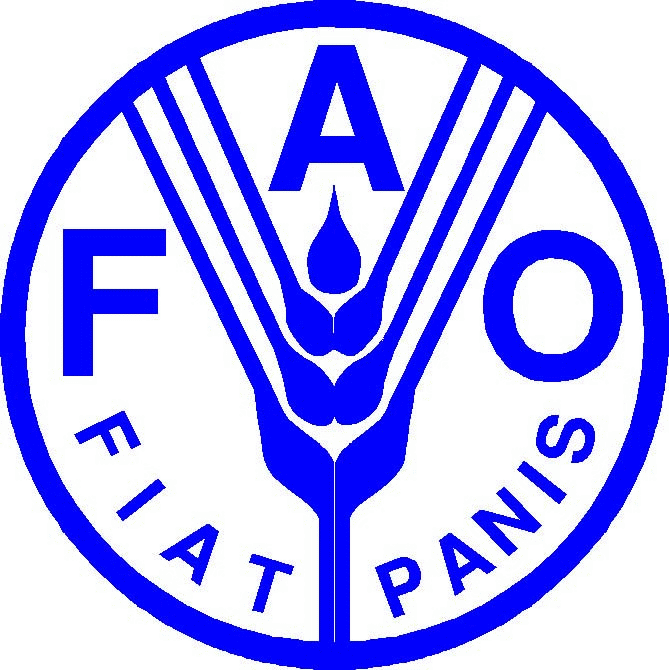FAO Forum on Food Security in Protracted Crises

The High-level Expert Forum of the FAO, Rome, 13–14 September 2012, brought together the FAO, IFAD and WFP officers, governments, major aid agencies, and civil society organizations (CSOs) to discuss the way forward in addressing “Food Insecurity in Protracted Crises.” The two-day event was preceded by a CSO consultation to coordinate positions and prepare interventions at the Forum.
The Civil-society Mechanism (CSM) linked to the FAO’s Committee on Food Security (CFS) formed the platform for interventions from the NGOs and other nongovernmental parties, coordinated by the Arab Society for the Protection of Nature (APN) and with officers of OXFAM forming the Rome-based CSM secretariat. In the forum program, Rami Zreik (American University in Beirut/Arab Network for Food Security), Razan Zuaytar (Arab Society for the Protection of Nature—APN) and Joseph Schechla (Habitat International Coalition – Housing and Land Rights Network) provided formal interventions, respectively, on MENA regional issues, the normative framework and accountability challenges, and a the CSO perspectives on the way forward to apply international law norms to address—and remedy—food insecurity.
The multiparty panels and discussions sought to produce (1) a set of operational principles, (2) elements of long-term action and (3) immediate actionable proposals. Those outcomes will be the result of consultations that the Forum will propose to the CFS to continue over the coming year for final adoption in October 2013.
Four background documents articulated the issues and direction of the Forum agenda and discussions (overview, governance, resilience and lessons learned). The deliberations were rich and encouraging, indicating a qualitative shift from the typical work “in” crises toward a greater remedial and preventive approach of working “on” crises, including conflict, occupation and war, climate change and market pressures.
The innovative issues under discussion can be summarized under the following headings:
- Research,
- Resilience,
- Replication,
- Reparations,
- Root causes,
- Relief with development,
- Responsible governance.
Certain key terms also reflected current trends and themes, including: human rights, accountability, transitional justice, New Deal (G7+ and the Busan process), and governance (governance assessments).
Many notable points were made in the discussion that are to be incorporated into the eventual outcome documents include the following. However the remaining challenge is to consolidate these points into new policies and methods of operation. These complement the draft Agenda for Action and the Civil Society Recommendations for an Agenda for Action, which will be consolidated and circulated. There is much work to be done- this meeting represents a step in taking real action that will have a lasting positive impact on those who suffer from food insecurity.
Visit the following link for more information on food insecurity and the work of the Committee on World Food Security.
|